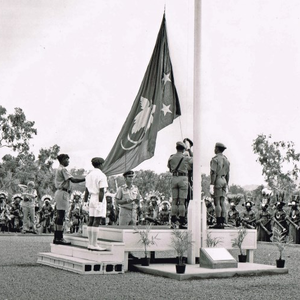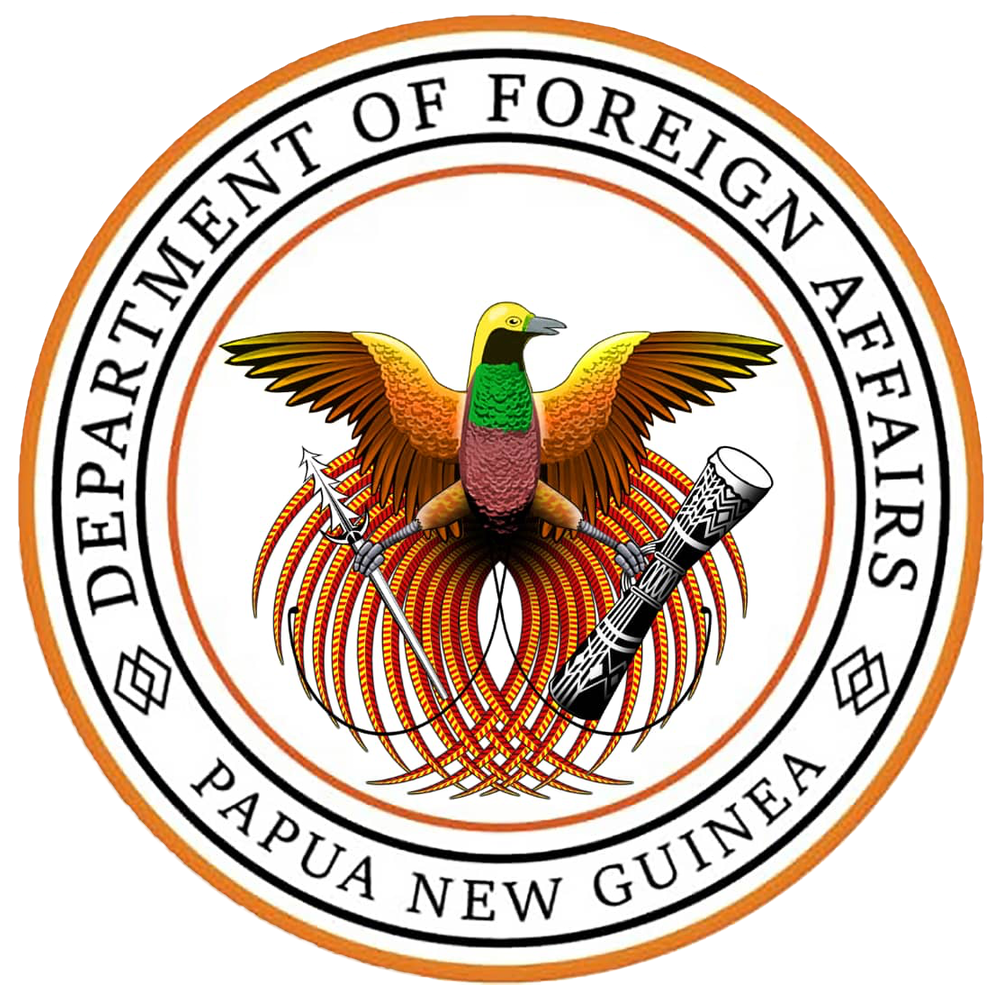About PNG: Regional Relations
Papua New Guinea (PNG) maintains active and diverse regional relations, engaging with neighboring countries and participating in regional organizations to address shared challenges, foster economic cooperation, and contribute to regional stability. PNG's geographical location in the Pacific places it at the crossroads of regional dynamics, influencing its diplomatic engagements and partnerships.
Australia, as PNG's closest and most significant neighbor, plays a central role in bilateral relations. Historical ties, economic cooperation, and shared regional interests form the foundation of the Australia-PNG relationship. Development assistance, trade, and defense cooperation are key aspects of this partnership, with regular high-level dialogues maintaining the strong ties between the two nations.
PNG is an active member of the Pacific Islands Forum (PIF), a regional organization that brings together Pacific Island countries to address common challenges and promote regional cooperation. Through the PIF, PNG engages in discussions on regional security, economic development, and environmental sustainability, contributing to the broader Pacific regional agenda.
In the Melanesian Spearhead Group (MSG), PNG collaborates with fellow Melanesian countries, including Fiji, Solomon Islands, Vanuatu, and the FLNKS (New Caledonia), to enhance economic and cultural ties. The MSG focuses on issues of common interest, such as trade, cultural exchange, and regional solidarity among Melanesian nations.
PNG's relations with Indonesia, its neighbor to the west, have evolved over the years. Issues related to border security, trade, and cultural ties are central to the PNG-Indonesia relationship. The two countries engage in discussions on mutual interests, including addressing border challenges and fostering economic cooperation.
The Association of Southeast Asian Nations (ASEAN) is another forum where PNG participates in regional dialogues. While not a member of ASEAN, PNG engages in ASEAN-led processes and discussions, recognizing the importance of Southeast Asia in the broader regional context.
Economic cooperation and trade partnerships are significant components of PNG's regional relations. The Pacific Agreement on Closer Economic Relations (PACER) Plus, a trade agreement between Pacific Island countries and Australia and New Zealand, aims to promote economic development and trade in the region, with PNG being an active participant in these negotiations.
The South Pacific Tourism Organization (SPTO) provides a platform for PNG to collaborate with other Pacific Island nations in promoting tourism as a regional economic driver. Tourism is recognized as a key sector for sustainable development, and regional cooperation enhances the visibility of the Pacific as a tourist destination.
Maritime and environmental issues are shared concerns in regional relations. PNG collaborates with neighboring countries to address challenges such as illegal, unreported, and unregulated (IUU) fishing, climate change impacts, and marine conservation. These issues require collective efforts to ensure the sustainability of Pacific marine resources.
Cultural and people-to-people exchanges are integral to regional relations. Educational partnerships, sports events, and cultural festivals provide opportunities for PNG to showcase its cultural diversity and build connections with neighboring nations. These exchanges foster a sense of regional identity and cooperation.
Challenges such as transnational crime, border security, and natural disasters underscore the importance of ongoing regional collaboration. Forums like the Pacific Islands Law Officers' Network (PILON) and the Pacific Transnational Crime Network (PTCN) facilitate cooperation in addressing regional security issues.
Papua New Guinea actively engages in regional relations to address common challenges, enhance economic cooperation, and foster regional stability. Whether through bilateral partnerships, participation in regional organizations, or collaborative efforts on shared issues, PNG's approach reflects a commitment to contributing to the well-being and development of the broader Pacific region.

